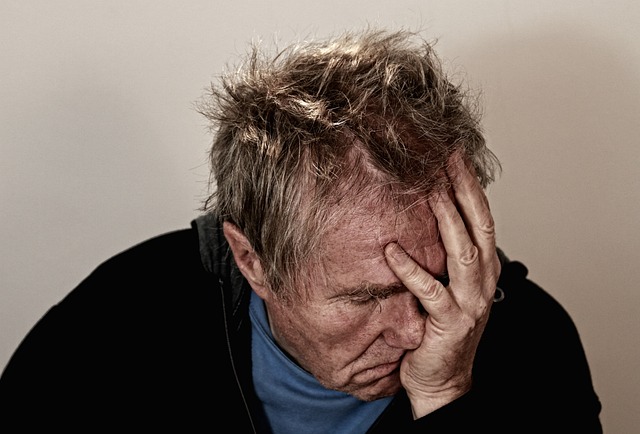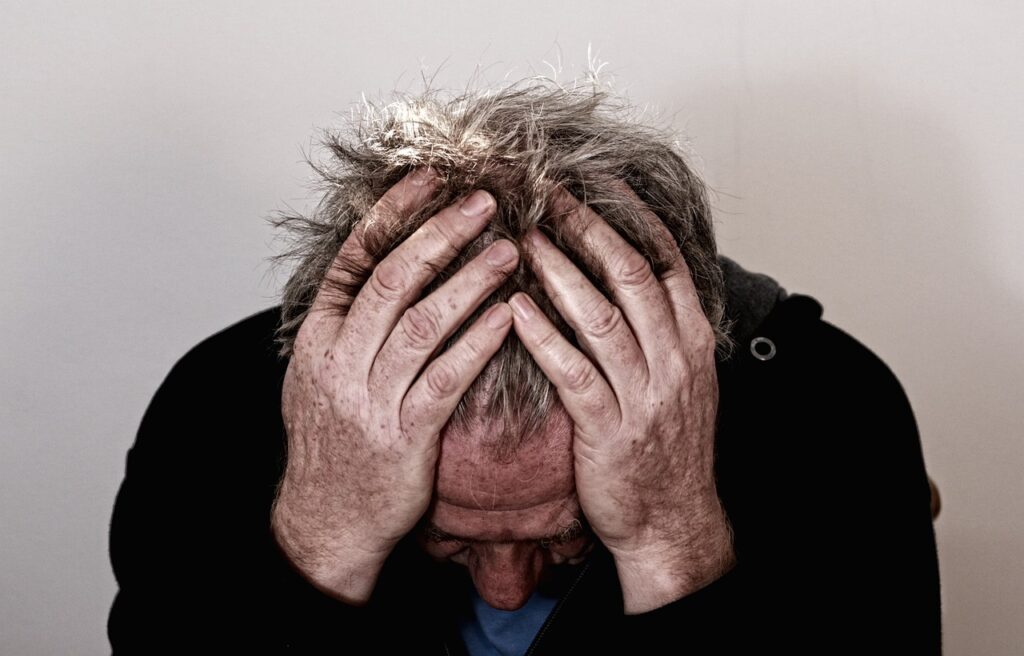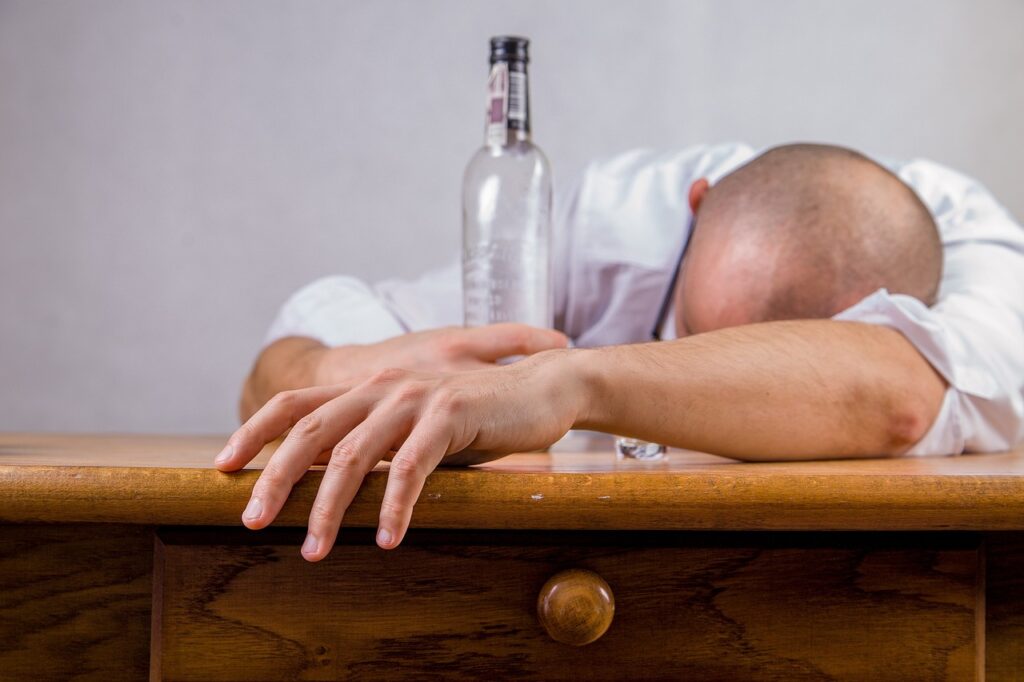20+ Years Experience
Specialist Private Alcohol Rehab

Waking up with a pounding headache, nausea, and regrets from the night before?
Hangovers are a common, yet unwelcome, result of overdrinking.
This comprehensive guide on hangover cures will walk you through effective remedies and strategies for curing your hangover, preventing future ones, and getting back to feeling your best self.
Hangover symptoms, ranging from mild to severe, are the price we pay for binge drinking and heavy alcohol consumption.
These symptoms can include physical discomfort like headache, fatigue, and nausea, as well as mental distress like irritability and anxiety.
Understanding hangover severity can help you find effective remedies to alleviate the discomfort and health risks associated with excessive alcohol intake, including alcohol withdrawal.
It’s well-known that the act of binge drink can result in severe symptoms and even long-term health risks.
However, are you aware that your hangover could be intensified by drinking heavily?
Research has shown that individuals who drink heavily are more likely to experience worse hangovers than those who drink slowly and responsibly.
Furthermore, heavy drinking can lead to a higher likelihood of alcohol-related injuries and accidents, making it crucial to understand the consequences of overindulgence.
The key to finding effective remedies for hangover symptoms is understanding the root cause: excessive alcohol consumption.
Understanding the link between excessive alcohol intake and the severity of hangovers allows for informed decisions about drinking habits and the implementation of strategies to alleviate the unpleasant aftermath.
Dehydration is a major factor in hangover symptoms. Alcohol consumption inhibits hormones that retain fluids, resulting in increased fluid loss and urination.
Counteracting this requires rehydration, which is vital for easing the discomfort related to a hangover. So, what are some effective hangover cures that focus on rehydration?
First and foremost, drink water! Consuming water is the simplest home remedy for a hangover caused by excessive drinking.
Drinking water can help replenish necessary fluids, aiding the bloodstream and circulatory system in transporting nutrients and oxygen to tissues while eliminating waste from a night of overindulgence.
Another helpful tip to reduce hangover symptoms is to alternate between a glass of water and an alcoholic drink while you’re out imbibing.
In addition to plain water, consider other hydration options like fruit juice or sports drinks.
These beverages can help restore electrolytes and minerals that facilitate rapid rehydration and stabilise low blood sugar levels.
Foods with high water content, like watermelon and cucumbers, can also play a role in the recovery of a hangover.
Remember, hydration is essential in alleviating hangover symptoms and restoring your well-being.
While eating may be the last thing on your mind during a hangover, it’s important to remember that consuming nutrient-dense foods is critical for replenishing energy and strengthening your immune system.
Nutrient-dense foods can help stabilise low blood sugar levels, which are often disrupted by excessive alcohol consumption.
Some examples of beneficial foods for recovering from a hangover include:
Consuming a nutritious breakfast can assist in stabilising blood sugar levels, supplying vital vitamins and minerals, and alleviating the symptoms of a hangover.
In addition, certain foods like chicken noodle soup and bouillon soup can provide hydration, protein, vitamins, and minerals while alleviating severe symptoms of a hangover.
Incorporating these nutrient-rich foods into your recovery plan can help top up depleted resources, provide essential vitamins and minerals, and alleviate unpleasant symptoms.
Keep in mind, that a body that is well-nourished recovers more effectively from a night of heavy drinking.
Even though there’s no absolute hangover cure, certain natural treatments may assist in alleviating the symptoms.
Ginger, chamomile, and certain supplements have been suggested to provide some relief, although further research is needed to confirm their effectiveness.
Ginger is a popular natural remedy known for its ability to alleviate hangover-induced nausea and stomach discomfort.
You can consume ginger by preparing ginger tea or consuming fresh ginger, which may also provide antioxidant and liver-protective benefits.
Another helpful remedy is chamomile, which can facilitate sleep and alleviate an upset stomach.
Some supplements that have been studied to determine their potency in alleviating hangover symptoms include:
Research has shown promising results for these products.
Just remember, always consult with a healthcare professional before incorporating new supplements into your routine.
Headaches and overall aches are common hangover symptoms that can be quite debilitating.
To alleviate this discomfort, pain management strategies like nonsteroidal anti-inflammatory drugs (NSAIDs) can be beneficial.
However, it’s important to avoid using acetaminophen for hangover relief, as its toxic effects on the liver may be increased due to the presence of alcohol in the body.
NSAIDs, such as ibuprofen, naproxen sodium, or aspirin, can be utilised as a pain reliever to alleviate pain caused by excessive alcohol intake.
These medications can help reduce inflammation and provide relief from headaches and muscle aches associated with hangovers.
Keep in mind that if you’re taking any other medications or have underlying health conditions, it’s crucial to consult your healthcare provider before using NSAIDs for hangover relief.
By employing pain management strategies like NSAIDs, you can effectively reduce the hangover severity.
Remember, taking care of your body and managing pain responsibly is essential for a successful recovery.
Sufficient sleep and relaxation methods play a vital role in resetting the body’s circadian rhythm and helping relieve symptoms.
Alcohol disrupts the circadian rhythm and impedes the occurrence of REM sleep, which can lead to irritability and depression when compounded with inadequate sleep after consuming alcohol.
Getting enough rest is essential for hangover recovery, as it helps reinstate the body’s circadian rhythm and abate hangover symptoms.
In addition to prioritising sleep, engaging in calming activities like meditation, gentle stretching, or deep breathing can further aid in hangover recovery by promoting relaxation and reducing stress.
Sleep and relaxation techniques play a crucial role in helping the body bounce back from a night of excessive drinking.
Keep in mind, that dedicating time to rest and participate in relaxing activities can significantly enhance your recovery from a hangover.
The prevention of future hangovers relies on moderate drinking, maintaining hydration, and conscious alcohol selection.
By implementing these strategies, you can reduce the severity and duration of hangover symptoms and enjoy a more responsible relationship with alcohol, without resorting to the “hair of the dog” approach.
It is advised to have no more than 14 units of alcohol per week, spread over three or more days, with several drink-free days and no bingeing.
By following these guidelines and drinking alcohol in moderation, you can minimise the chances of experiencing a hangover and maintain safe blood alcohol levels.
In addition to responsible alcohol intake, staying hydrated and making mindful alcohol choices can also help prevent future hangovers.
Alternating between drinking alcohol and water, avoiding drinking alcohol on an empty stomach, and choosing alcoholic beverages with lower alcohol content can all contribute to a more enjoyable drinking experience without the dreaded hangover or the need for more alcohol.
Overall, you can prevent future hangovers if you simply avoid drinking.
However if you don’t want to completely give up alcohol, you can also help to prevent hangovers by only drinking on a full stomach, drinking water between drinks, staying away from dark drinks such as whiskey, tequila and red wine.
In conclusion, curing a hangover involves a multifaceted approach that includes understanding hangover symptoms, rehydrating, nourishing with nutrient-rich foods, exploring home remedies, employing pain management strategies, and practising sleep and relaxation techniques.
By following these guidelines, you can alleviate the discomfort associated with hangovers and get back to feeling your best self.
Remember, responsible alcohol intake is key to preventing future hangovers.
By drinking in moderation, staying hydrated, and making mindful alcohol choices, you can enjoy a healthier relationship with alcohol and minimise the severity and duration of hangover symptoms.
So, the next time you raise a glass, do so with knowledge and responsibility in mind. Cheers to a hangover-free future!
To get rid of a hangover faster, try home remedies such as drinking plenty of fluids, eating some carbohydrates and getting some rest.
Over-the-counter pain relievers and B vitamins may help too, but there’s no quick cure for hangovers – your body needs to rid itself of alcohol and heal.
Rehydrating with water or an electrolyte sports drink like Gatorade or Pedialyte, and a cup of coffee for its caffeine content, can help alleviate the symptoms of a hangover.
However, the only surefire way to avoid a hangover is to limit how much you drink, or abstain from alcohol entirely.
For those suffering severe dehydration, even a few sips of water may be beneficial.
On average, a hangover typically lasts 24 hours.
It can be accompanied by a range of unpleasant symptoms, such as fatigue, thirst, headaches, nausea, irritability and rapid heartbeat.
In some cases, it can last up to 72 hours.
Rehydrating during a hangover can be done effectively by drinking water and consuming water-rich foods.
For hangover-related headaches and aches, NSAIDs such as ibuprofen, naproxen sodium, or aspirin are recommended.
Avoid acetaminophen due to its potential toxic effects on the liver.
There are a range of other services that we can provide. Have a look at the list below for more information:


















We Aim To Reply To All Enquiries With-in 24-Hours